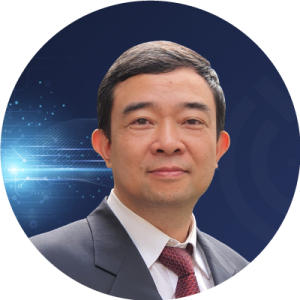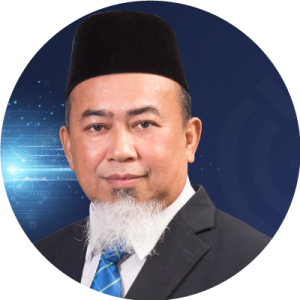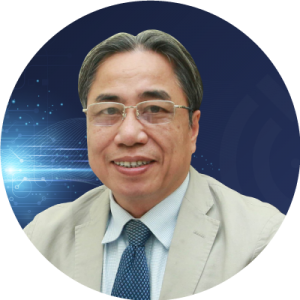Tuesday | 3 August 2021
Regional Water Industry Expert Dialogue Session
- 10:00 - 12:00 (GMT+8)
Main Topic:
Lessons Learned from Global Pandemic for Water Industry
Abstract
Session Speakers
Executive Director,
Cambodian Water Supply Association (C.W.A)
President,
Malaysian Water Association (MWA)
Head of South Sumatera Regional Management,
Association of Indonesian Drinking Water Companies (PERPAMSI)
Session Moderator
Advisor,
Informa Markets ASEAN Water Series
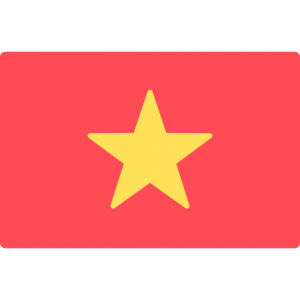
Vietnam Session
- 15:00 - 17:00 (GMT+8)
Topic 1:
Policies and Investment Opportunities in Water Supply in Vietnam
Abstract
Session Speaker
Vice Director of Vietnam Water Supply and Sewerage Association (VWSA) - Head of Policy Department;
Former General Director, Deputy General Director,
Technical Infrastructure Agency, Ministry of Construction
Topic 2:
Investment Policy for Urban Wastewater Collection and Treatment in Vietnam
Abstract
Vietnam water & wastewater Industry is in the intensive development period, with big efforts being made for expansion of service area, improvement of service quality, with different stakeholders involved. Financial need for 100% urban wastewater treatment is estimated USD 8-10 bio. Main challenges of municipal wastewater management include: Needs in adequate sanitation strategy and specialized wastewater planning; Increase of household connection coverage; Fight with urban flooding and climate change impacts; Sludge management, as well as septic tank and fecal sludge management; Mobilization of alternative sources of funding (Capex); Realization of Cost recovery (Opex). As a new format of private sector participation, there are 10 cities with private wastewater companies providing O&M contracts. Some cities have set the roadmap to increase the wastewater tariffs.
Some Vietnamese policies in urban wastewater management in a coming decade: Development of roadmap for urban wastewater collection and treatment, priority list, required resources; Integrated (river basin) management; Climate change adaptation considerations; Control of ground level and green space in urban projects; Focus on urban flooding control and risk management; Encouraging eco-friendly, sustainable urban infrastructure solutions; Encouraging rainwater harvesting and wastewater reuse; Combination of centralized and decentralized wastewater management solutions; Capacity building activities; Application of O&M Contract bidding for service quality and efficiency; Development of policies for mobilizing of private investors in wastewater sector; Preparation of Law of Wastewater (2021 – 2025).
There are lots of business opportunities in municipal wastewater field, thanks to current intensive development in cities, especially in the coming recovery period after pandemic. There are crucial needs in new technologies in wastewater collection, treatment, sludge treatment, resource recovery, smart system management solutions, etc. The recently issued Law of PPP Investment (2020) encourages PPP investment in 5 sectors, including water supply, wastewater, solid waste management. Private sector participation can be found in large projects in the form of construction, equipment supply, EPC, BOO, O&M contracts. In Decentralized wastewater management, the private sector is a key player.
Session Speaker
Vice President cum Head of Science and Technology Department,
Vietnam Water Supply and Sewerage Association (VWSA);
Professor in Water and Wastewater Engineering, Hanoi University of Civil Engineering (HUCE)
Topic 3:
Multi-basin Operational Water Model and Data Services for Vietnam and Mekong Region
Abstract
Session Speaker
Director of Water Resources Monitoring Department,
National Center for Water Resources Planning and Investigation (NAWAPI),
Ministry of Natural Resources and Environment (MONRE),
Chair (Water, Ecology & Fisheries) of US-ASEAN S&T Fellow Association
Country Session Moderator
